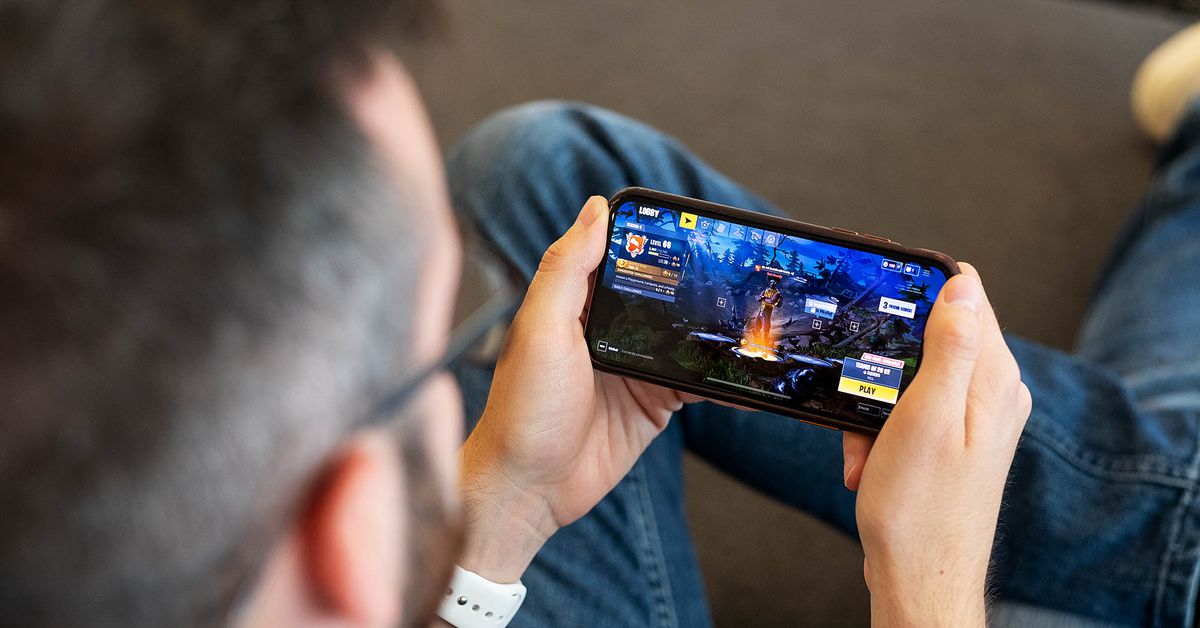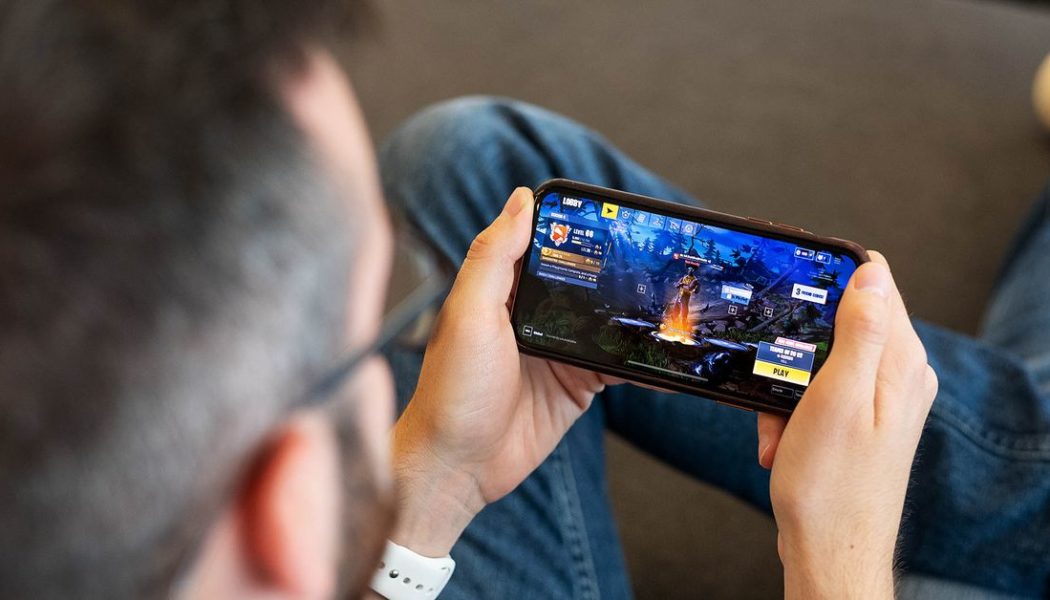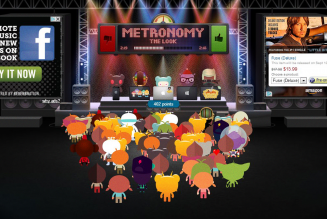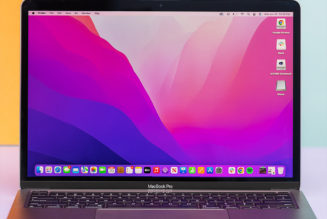
Last week, the judge in Epic v. Apple asked whether Epic really had an antitrust case against Apple, or whether it just wanted to help kids make impulse purchases. Judge Yvonne Gonzalez Rogers was talking about the importance of where and how people pay for their apps, and today she continued that line of questioning to the point of suggesting a kind of App Store policy change that Epic never originally put on the table.
Epic sued Apple for banning Fortnite from iOS over a direct payment system for V-Bucks, Fortnite’s in-game currency. Epic called that unfair and monopolistic. But Apple argued that it lets developers sell in-app purchases through its Safari browser, even at a discounted price — so there’s no lockout. And while Epic itself has focused on explaining why web apps aren’t a good substitute for native ones, its expert witness David Evans brought up another major issue: anti-steering rules.
Anti-steering rules (in this context) refer to rules that ban developers from pointing users outside of Apple’s ecosystem. iOS developers can’t add links or references telling people to get a better deal on their website, or send emails to accounts created through Apple. Android has these rules too, but it delayed a serious crackdown on them until this fall — and since you can install third-party stores and sideload apps on Android, developers in Google’s ecosystem have more options in general.
Evans, an economist, was originally trying to explain in-app purchases by comparing Apple to a ride-hailing app like Uber, comparing an app developer to a Uber driver who had struck up a good relationship with a customer. The customer wanted to start directly hiring the driver, but the ride-hailing company (representing Apple) demanded that the customer keep paying through its app.
Judge Rogers didn’t appear convinced. Buying V-Bucks through a browser, she noted, seemed a lot like a passenger directly paying a driver. “There’s nothing about that distribution process that impacted differently given your Uber example.”
Evans basically responded that in this analogy, cab drivers can’t even do the equivalent of giving passengers their phone numbers. “Epic is not able to message the iOS app user and tell them ‘You can go to the web and get this more cheaply.’ Or ‘I really encourage you to go to the web and get V-Bucks there,’” Evans objected. The problem, he said, was the combination of requiring Epic to use Apple payment processing, plus a “whole set of barriers” that make it harder to tell users they have an alternative.
These anti-steering provisions have come up in the trial before — yoga app maker Yoga Buddhi complained about them last week. But this time, Rogers offered an obvious followup question. If there was no anti-steering provision, she asked, would Epic still have a problem with Apple’s system? “The customer could choose whether they wanted to stay and make the purchase on the app or do it some other way, right?”
Evans admitted that nixing the anti-steering provisions “wouldn’t eliminate the market power that Apple has here, but it would certainly diminish it.” He said it would be more helpful for some apps than others — it’s pretty good for subscription-based companies that have a separate website, for instance, and less useful for mobile-only games that rely on a stream of microtransactions. But he acknowledged he hadn’t conducted a specific study of the topic, so he wasn’t sure exactly how big the issue would still be.
Later in the day, economist Susan Athey raised a different issue with App Store exclusivity. The App Store lets users sign up for subscriptions, but if they switch to an Android phone, they have to either cancel their subscription or keep managing it through Apple. Athey was using this to explain why a third-party app store would be useful, should Apple ever allow one to exist — if you could access the same purchase from both big phone platforms, the same way you can get your old iOS apps on a new iPhone, switching devices could become much easier.
But Rogers suggested again that if developers could just tell people to sign up through the web, “then there wouldn’t really be the same kind of need for the kind of cross-platform app store that you’re talking about.” After all, services like Netflix already direct people to sign up through their websites — Apple and Google just really don’t like it, and they try to discourage the practice without an actual ban. Similar to Evans, Athey conceded that there’d be a “big benefit” in letting app makers “alert people to the most efficient way to pay.”
Athey argued that “consumers do get klutzy and disconnected and sensitive to delays when trying to complete that type of activity,” and telling people to go use a web browser doesn’t solve that problem. But Rogers could easily decide that inconvenience and enforced ignorance are separate issues, and that only the latter is a serious antitrust concern.
Getting rid of anti-steering provisions would be a comparatively small win for Epic, which wants to put full-fledged third-party App Stores on iOS. But it’s a smartphone ecosystem feature that’s often overshadowed by bigger antitrust complaints — and Epic v. Apple is putting it under the spotlight.










